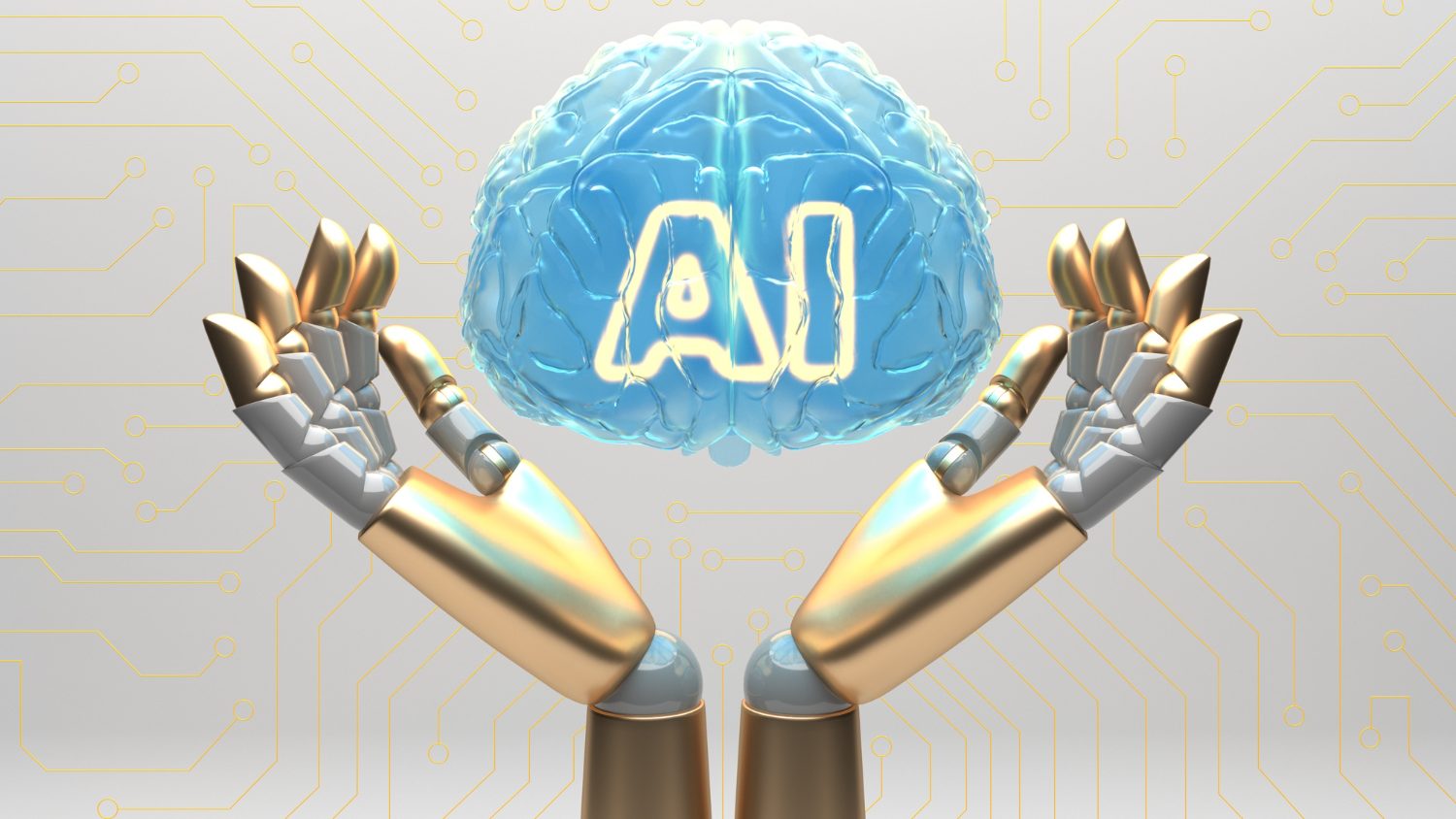In the realm of tech news, the integration of emerging AI technologies into business operations is posing a series of substantial challenges for IT managers. These issues range from ensuring data security and privacy to managing the skills gap within teams.
Adapting to rapidly evolving AI tools requires not only a solid technical understanding but also a strategic mindset to ensure these technologies align with company goals. Let’s delve deeper into some of the specific challenges IT managers encounter while integrating AI into their landscapes.
How does data privacy and security concern IT managers in AI integration?
Data privacy and security remain at the forefront of concerns for IT managers as they integrate AI systems. The vast amounts of data fed into AI tools for processing and analysis expand the risk landscape, making companies more vulnerable to breaches. Managing and safeguarding data requires robust security protocols and ongoing monitoring to detect and mitigate threats promptly.
Moreover, compliance with data protection regulations, such as GDPR in Europe or CCPA in California, adds another layer of complexity. IT managers must ensure that AI systems are not only secure but also comply with all relevant data privacy laws, which can differ significantly across regions. Failure to do so might not only lead to financial penalties but also damage the company’s reputation.
What is the impact of the AI skills gap on companies?

The AI skills gap is a significant challenge facing companies looking to integrate AI technologies. As AI evolves, the demand for skilled professionals exceeds the supply, leading to a talent shortage. IT managers struggle to find team members who possess both the technical skills needed to implement AI solutions and the strategic insight to apply these tools effectively within their operations.
This talent shortage often means companies must invest heavily in training and development to upskill their current workforce or look to external recruitment, which can be costly and time-consuming. The skills gap also impacts the pace at which AI projects can be deployed and scaled within companies, potentially delaying the realization of benefits from these technologies.
How do compatibility and integration issues affect AI deployment?
Compatibility and integration issues pose significant challenges during the deployment of AI technologies in existing IT environments. Many companies operate on legacy systems that are not readily compatible with modern AI solutions. IT managers have to work around these limitations, which might involve extensive modifications to existing systems or the adoption of intermediary technologies to bridge the gap.
This process can be both complex and resource-intensive, requiring careful planning and execution to avoid disruption to business operations. Additionally, ensuring that new AI technologies can communicate seamlessly with existing databases and applications is crucial for unleashing their full potential, further complicating the integration process.
What role does ethical AI play in technology management?

The adoption of AI technologies brings with it ethical considerations that IT managers must navigate. Issues such as bias in AI algorithms and the impact of automation on employment are increasingly coming under scrutiny. Managing these ethical concerns involves implementing measures to ensure AI systems operate transparently and fairly, such as regular audits of AI algorithms for bias and involving diverse teams in AI development processes.
Moreover, IT managers play a critical role in shaping the conversation around the ethical use of AI within their companies. They must ensure that AI technologies are used responsibly, in a manner that aligns with both legal requirements and societal values. Failure to consider the ethical implications of AI could lead to backlash from both the public and regulatory bodies, jeopardizing projects and damaging the company’s reputation.
Conclusion
Integrating emerging AI technologies presents IT managers with a complex set of challenges, from ensuring data privacy and security to managing the AI skills gap, compatibility and integration issues, and ethical considerations.
The successful adoption of AI requires a strategic approach, balancing technical implementation with ethical and regulatory considerations. Addressing these challenges head-on is crucial for IT managers looking to leverage the potential of AI to drive innovation and efficiency within their companies.
For more insights into AI tech news and how it’s shaping the industry, consider exploring “Insights into the AI Revolution: Exploring the Latest in Tech News“.
- The Agentic Startup Manifesto - June 8, 2025
- Remote Hiring in 2025 - April 5, 2025
- Burnout in Remote Teams: How It’s Draining Your Profits - January 27, 2025
